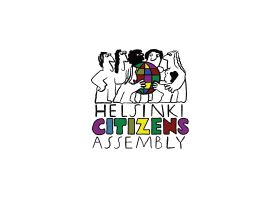|
Implementation period |
November 20, 2020 – March 31, 2021 |
|
Funding organization |
Open Society Foundations |
|
Grant amount |
20,000 USD |
|
|
|
Դիտումներ: 1

|
Implementation period |
November 20, 2020 – March 31, 2021 |
|
Funding organization |
Open Society Foundations |
|
Grant amount |
20,000 USD |
|
|
|
